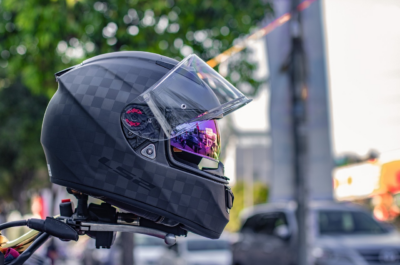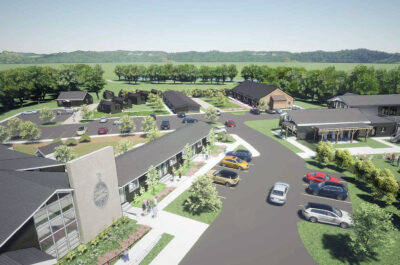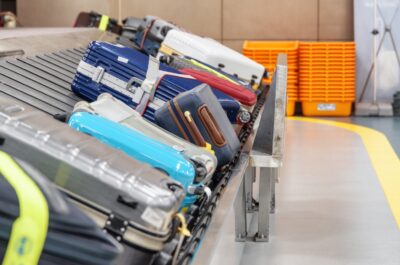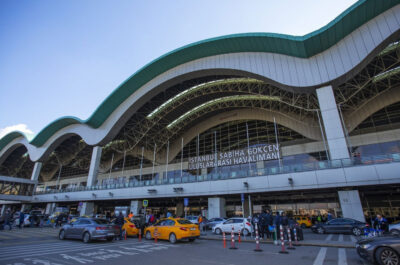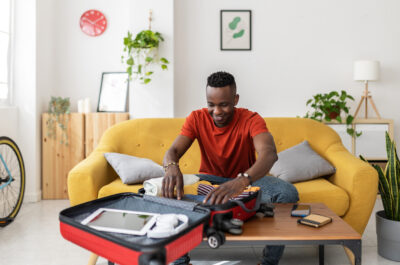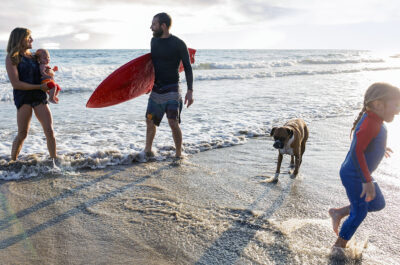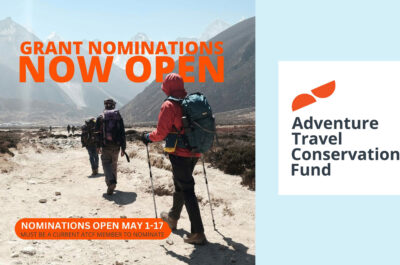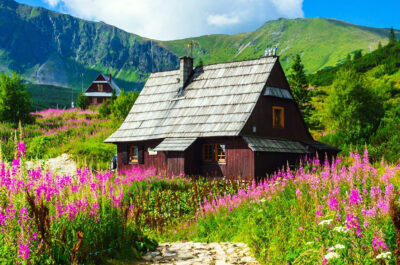Here are six tips and tricks for beginner campers to help make your next camping trip a success.
Camping is the perfect outdoor activity for those who want to get away from it all and relax in nature. For first-time campers, however, getting ready for a camping trip full of fun can be daunting. There are essential supplies that must be considered. Safety tips must be followed, camping gear may need to be purchased or rented, and activities should align with guests’ interests. Here are six tips and tricks for beginner campers to help make your next camping trip a success.
1. Set up camp with care
When you take a camping trip, you want to make sure that your tent is secure in its place and won’t topple down any time soon. That’s why taking the extra steps and using tent poles and stakes to set up your tent properly is essential. The kind of tent poles to use will depend on where you are camping. For example, if there’s a lot of wind, it’s best to use heavier poles and stakes or tie down your tent with rocks or other heavy objects.
Make sure it’s level, and consider the terrain to ensure you’re not on a slant that might lead to an uncomfortable night’s sleep. Additionally, try to set up your tent away from trees with low-hanging branches and always double-check the surroundings for any signs of wildlife, like tracks or droppings.
2. Choose the right camping spot
Look for an area protected from potential storm damage or flooding, especially if camping in the wild. A flat landscape will be more comfortable when sleeping and setting up camp. Avoid ravines, overhanging cliffs, and areas with dense vegetation – a bear or mountain lion could lurk around.
Remember to access fresh drinking water also; bring extra reserves if you need more time. Once all these criteria are checked off the list, enjoy a beautiful spot filled with swimming holes and breathtaking views.
3. Pack light but smart
Essential items such as a sleeping bag and flashlight can make all the difference in your comfort and safety outdoors.
No one likes being cold at night or getting lost in the dark, so a good sleeping bag and powerful flashlight are must- haves when setting off on your next adventure.
Firewood is great for keeping you warm and even cooking meals on the go if you have the skills. By packing items essential for your comfort and safety, you can make sure you enjoy every step of your journey.
4. Be aware of your surroundings
Being aware of your surroundings is vital to a safe and enjoyable experience, whether you’re out for a short walk, going on vacation, or navigating a new city. By increasing your knowledge of your environment, you’ll have peace of mind knowing that if something unexpected occurs, you will be better prepared. Familiarizing yourself with the area ahead of time can help you identify potential risks and avoid potentially harmful situations.
Paying attention to your surroundings allows you to control any unpredictable events that may arise and lets you get the most out of your experience based on what is familiar to you. Whether it’s your local park or a foreign country, take the time to be aware of what is around you to appreciate the world with confidence and safety.
5. Plan meals ahead of time
Planning meals can save you from hours of thinking and hard work in the future. One way to do this is to stock up on non-perishable food items that can be cooked over an open fire or stove. This is especially beneficial when camping but applies to everyday life when you need access to a fully stocked kitchen or the time to make a full dinner.
Non-perishables such as noodles and canned goods are shelf-stable and can last for months if kept properly. Preparing these items will give you one less thing to worry about; add a few fresh ingredients when needed, get out your campfire lid and skillet, and get dinner ready.
6. Have an emergency kit
No matter where you’re headed, having a first-aid kit on hand is always a good idea. It should include basic medical supplies such as bandages, gauze, antiseptic cream, and anything else you might need to handle minor injuries or illnesses. Also, always pack extra water and food in case of an emergency.
Additionally, having a flashlight and extra batteries can be helpful when camping during the night. Finally, it’s important to inform someone at home about your trip details, such as the route you plan to take and when you will return. That way, someone will know where to look for you if something happens and you don’t make it home.
By following these steps and staying mindful of your environment, you can have a safe and enjoyable outdoor experience.
Remember to relax and appreciate the beauty of nature. With proper planning and respect for your surroundings, you can create lasting memories that will last a lifetime.



















































































